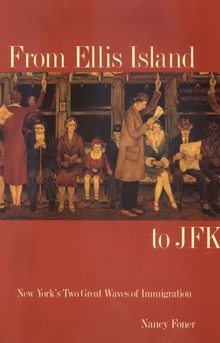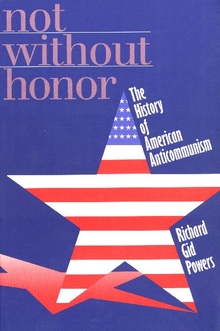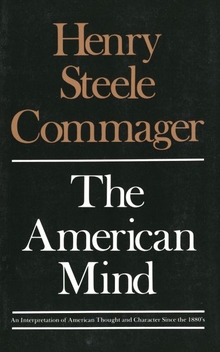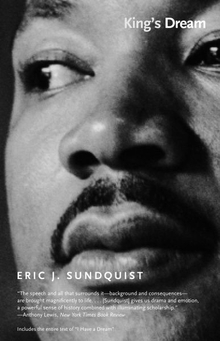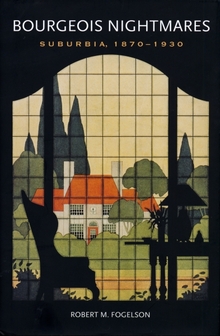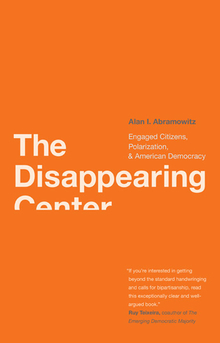From Ellis Island to JFK
WARNING
You are viewing an older version of the Yalebooks website. Please visit out new website with more updated information and a better user experience: https://www.yalebooks.com
New York's Two Great Waves of Immigration
Nancy Foner
A key contribution of this book is Nancy Foner’s reassessment of the myths that have grown up around the earlier Jewish and Italian immigration—and that deeply color how today’s Asian, Latin American, and Caribbean arrivals are seen. Topic by topic, she reveals the often surprising realities of both immigrations. For example:
- Education: Most Jews, despite the myth, were not exceptional students at first, while many immigrant children today do remarkably well.
- Jobs: Immigrants of both eras came with more skills than is popularly supposed. Some today come off the plane with advanced degrees and capital to start new businesses.
- Neighborhoods: Ethnic enclaves are still with us but they’re no longer always slums—today’s new immigrants are reviving many neighborhoods and some are moving to middle-class suburbs.
- Gender: For married women a century ago, immigration often, surprisingly, meant less opportunity to work outside the home. Today, it’s just the opposite.
- Race: We see Jews and Italians as whites today, but to turn-of-the-century scholars they were members of different, alien races. Immigrants today appear more racially diverse—but some (particularly Asians) may be changing the boundaries of current racial categories.
Drawing on a wealth of historical and contemporary research and written in a lively and entertaining style, the book opens a new chapter in the study of immigration—and the story of the nation’s gateway city.
Copublished with the Russell Sage Foundation
“For those many heritage-seekers who want to know more about the contours of the New York immigrant experience, past and present, as well as specialists in the field, Nancy Foner’s From Ellis Island to JFK, will be a most satisfying read.”—Ethnic & Racial Studies
“From Ellis Island to JFK provides thoughtful comparisons and analyses. . . . Foner tries to clarify previous events and bring some reality into our understanding both of previous generations of immigrants and the newcomers amongst us today. Although not everyone will agree with her positions, there is no doubt that they will foment lively discussions among readers who assess immigrant experiences differently.”—Journal of Social History
Publication Date: January 11, 2002
Publishing Partner: Copublished with the Russell Sage Foundation

